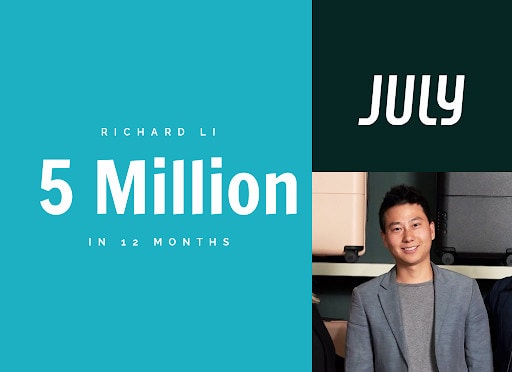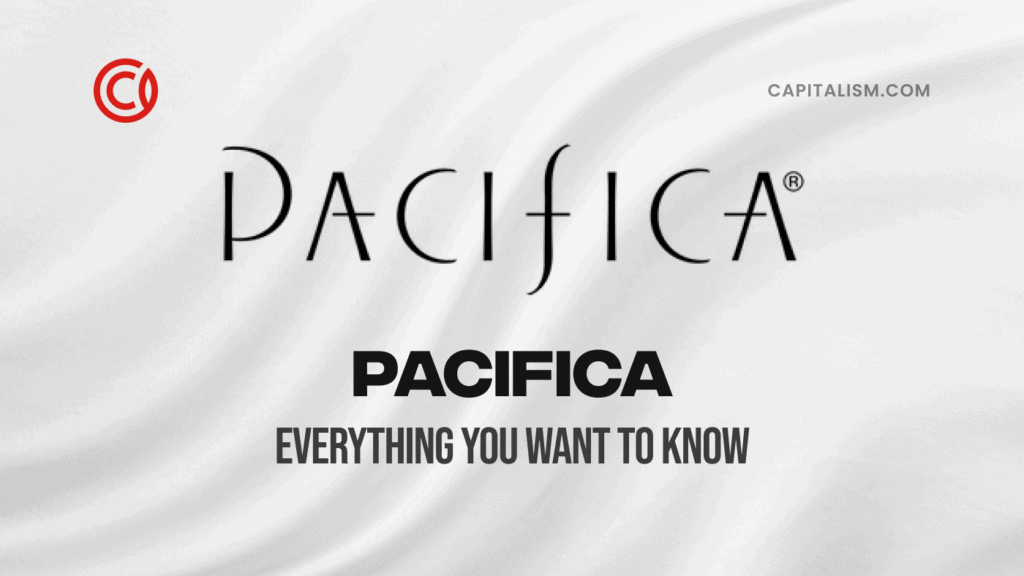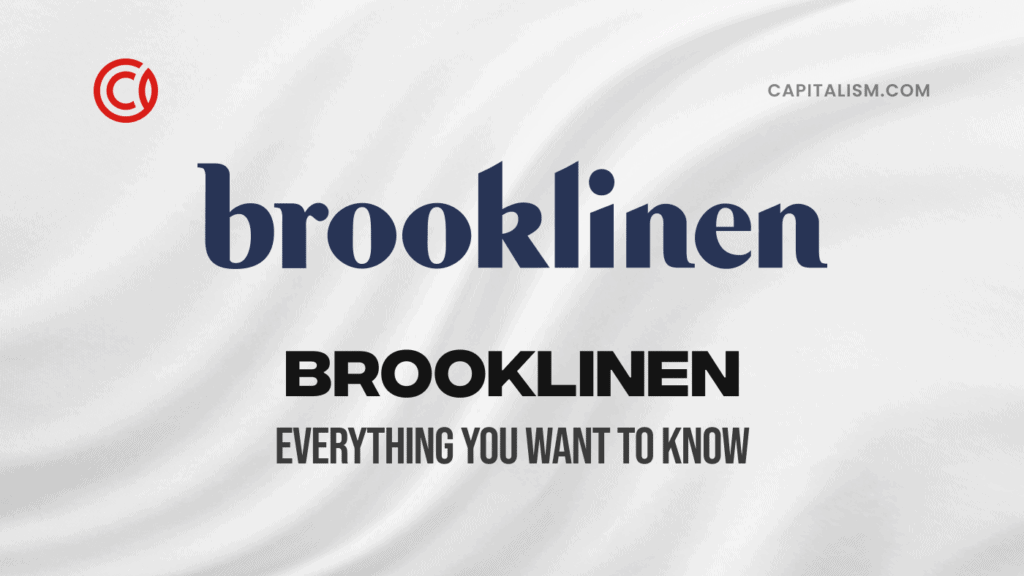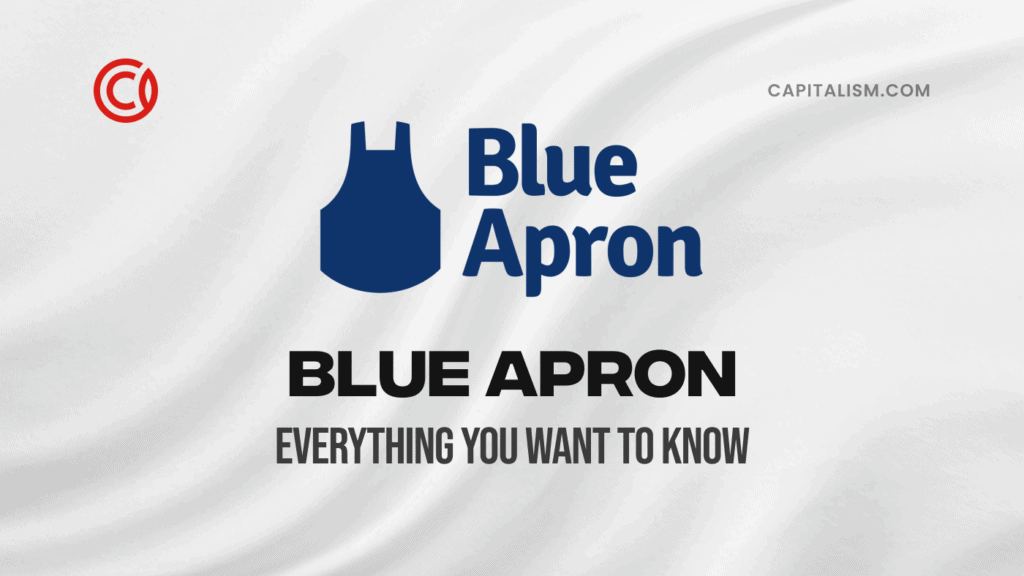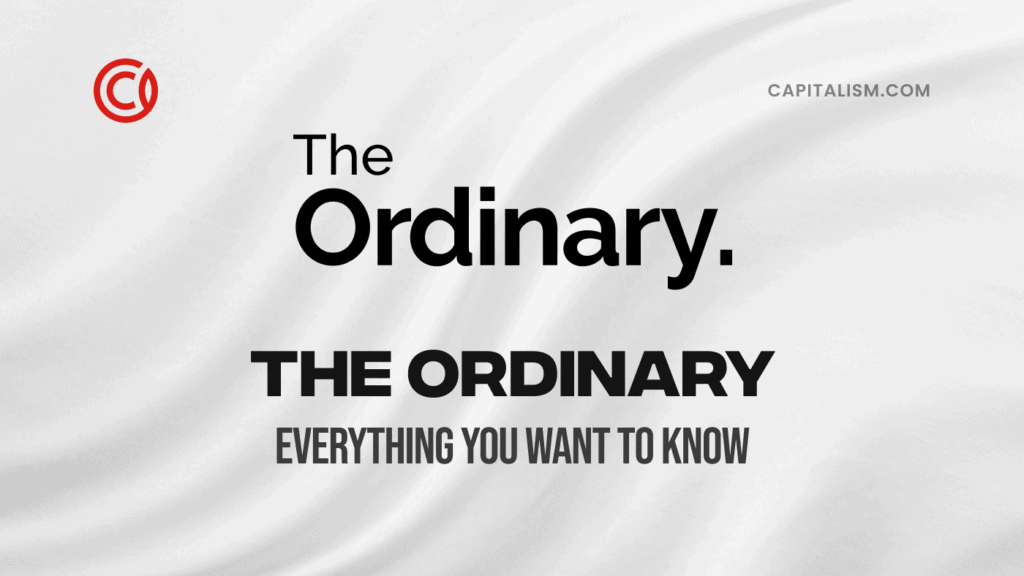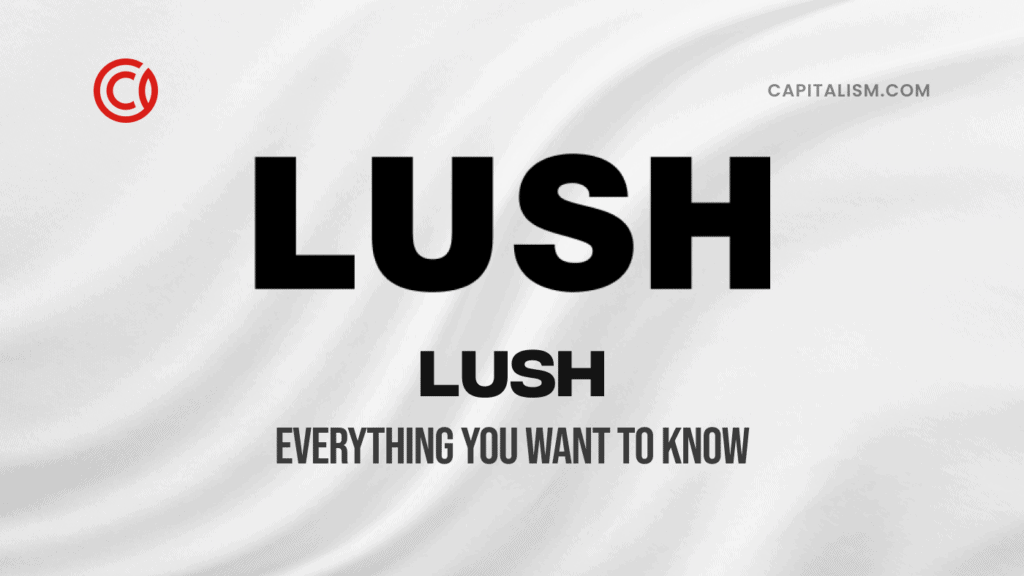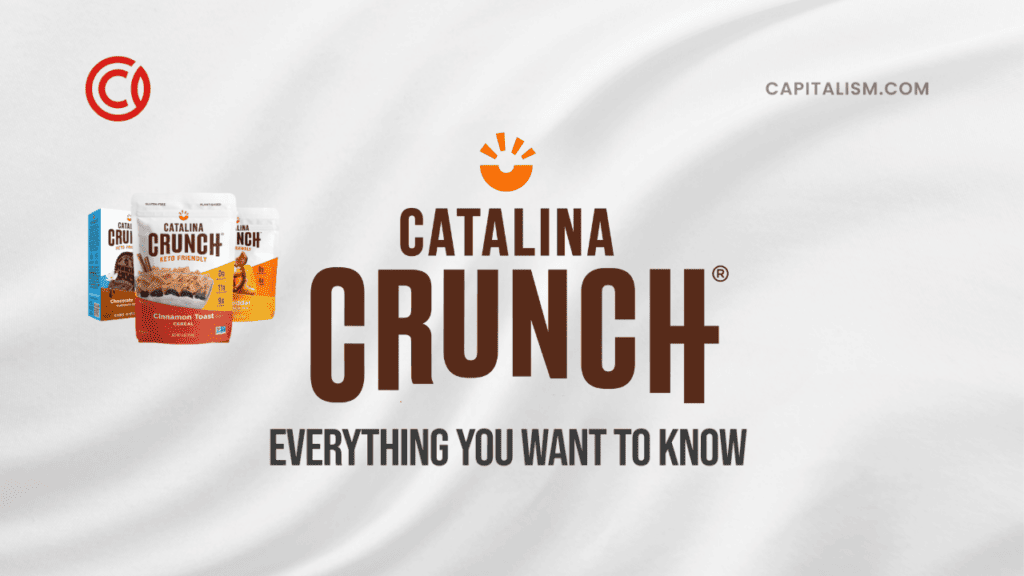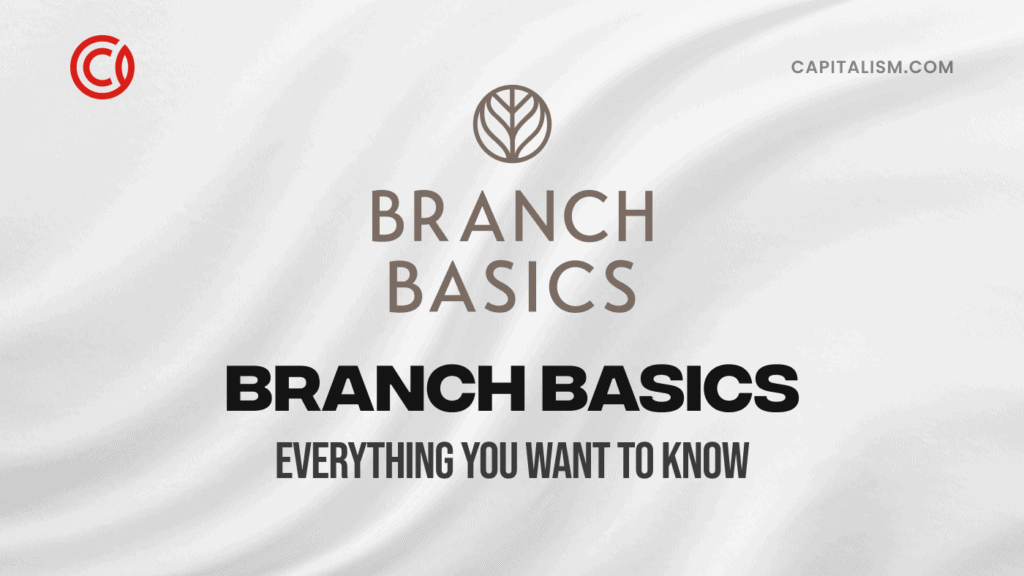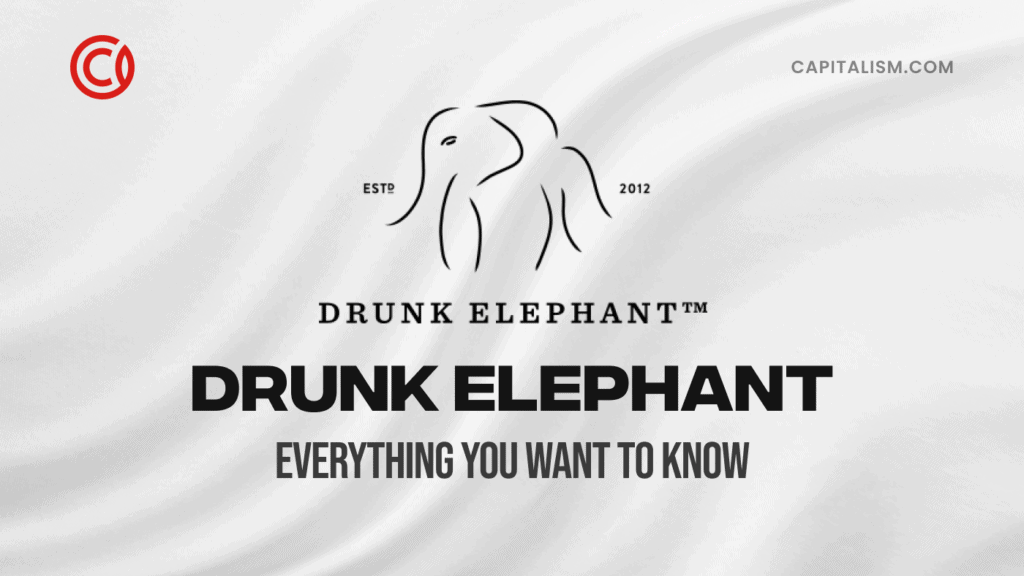July is an Australian-based luggage maker that is disrupting the industry with its direct-to-consumer approach. Unlike other luggage manufacturers, July takes a hands-on approach throughout the entire process — from designing and manufacturing to fulfillment and customer service. Richard Li, July’s co-founder, believes this direct on-the-ground approach helps them better serve their customers.
After raising AUD 10.5 million in Series A funding, July launched in February 2019. The luggage startup generated more than $5 million in revenue that first year. Now, the luggage company is expanding its products and consolidating its physical locations. July is even building a presence in new countries. Keep reading to learn how Richard Li helped do it.
July Highlights
- July launched in 2018 with founders Richard Li and Athan Didaskalou. This Australia-based travel startup sells luggage and travel accessories, all thoughtfully designed for function and durability.
- A direct-to-consumer business model allows July to serve its customers better. By cutting the middleman, the savings pass on to the customer. Also, these savings allow July to invest in creating high-value travel products.
- July underwent series A funding, raising AUD 10.5 million (USD 7.1 million). Michael Lewis, owner of accessories chain Strandbags, contributed AUD 8 million (USD 5.5 million).
- July did more than AUD 5 million in revenue for their first fiscal year.
- July is currently building its presence in China and Singapore. The company is also expanding its product lines to prepare for travel increase post-pandemic.
The Story: From Selling Furniture to Selling Luggage
Before founding July, Richard Li had already built a successful company in the furniture industry. After launch, July’s growth exploded within a few months. Here’s what happened.

Fresh out of university
Richard Li’s entrepreneurial story started after graduating from the University of Melbourne. He sent his resumes to multiple companies with no bites. Feeling frustrated, Li decided to do his own thing. He sold products online through eBay, branding himself within the furniture category.
Starting in the furniture industry.
Li launched Brosa in February 2014. As he gained more experience within the furniture industry, he witnessed how broken it was. Middlemen’s cuts meant significantly inflated furniture prices. Li cut out the importers, wholesalers, and flashy department stores. Instead, Brosa sells directly to the customer. As a result, consumers can buy premium furniture at a reasonable price.
From Brosa to July
After building Brosa up to stable profitability, Li decided it was time to try something new. After doing some thinking, Li stumbled onto the luggage category.
Li noticed that, like furniture, the luggage industry followed a traditional business model. The luggage gets manufactured, undergoes distribution, and then a third-party retailer sells it. Since everybody needs to take a cut, the consumer pays a higher price — far more than the actual cost to manufacture the product.
From his experience building Brosa, Li understood the value of selling directly to the customer. You don’t have control over the service from third-party retailers. It can be wildly inconsistent from one location to the next.
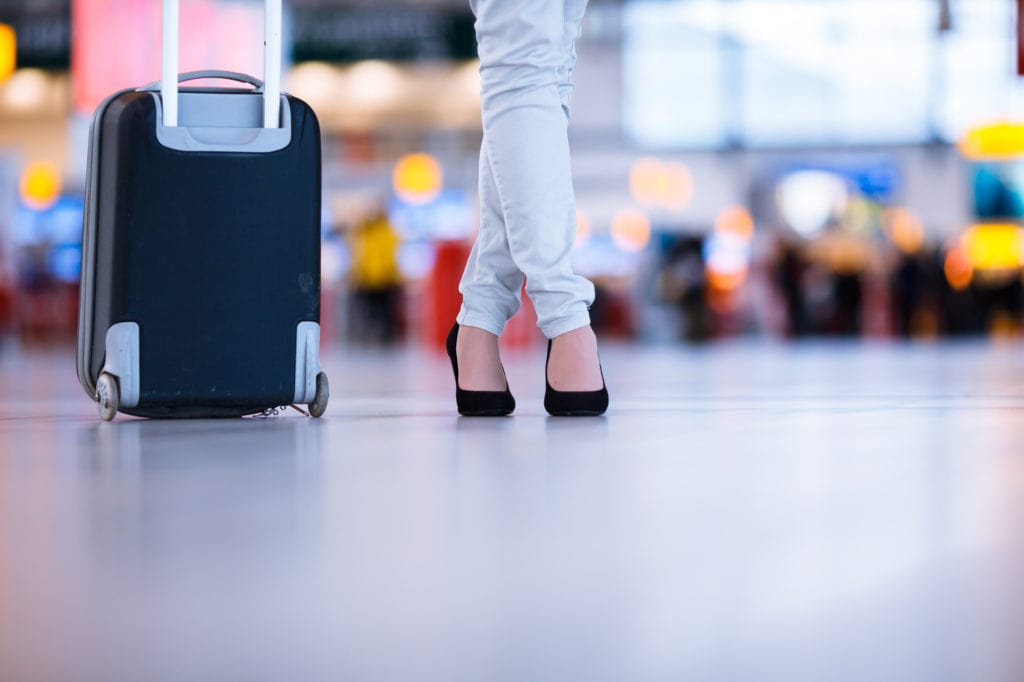
With a direct-to-consumer approach, the brand has far more ownership and “boots on the ground” to resolve issues and serve customers. Customers have a better experience and begin trusting the brand.
Realizing that they could innovate within the luggage industry, Li and Didaskalou co-founded July in 2018.
July undergoes Series A funding
Li’s and Didaskalou’s experience and efforts caught the eye of Felicity McGahan. McGahan is Strandbags’ managing director and got in contact with the two over social media. The co-founders found McGahan’s expertise impressive. She offered valuable wisdom and insight into the industry — all before even investing in the company. McGahan thought July was a great idea.
“Ms. McGahan liked that July was an online company with a customer-first approach that was creating "instagrammable" luggage, but that it was also establishing a bricks and mortar presence – something the incumbent could help them navigate,” Li’s co-founder, Didaskalou, told The Australian Financial Review.
Strandbags also wanted July’s support in expanding their digital presence. July provides advice on how to increase their ecommerce efforts better, Didaskalou said.
During the Series A funding round, July raised AUD 10.5 million Australian (USD 7.1 million). Strandbags’ owner Michael Lewis contributed AUD 8 million (USD 5.5 million) to the pot.
July officially launches
Li explained it took several months before they found the right manufacturer to bring their design to life. Then it took about another six months to finalize the prototype. July did a soft launch in December 2018 and then an official launch in February 2019. Many of July’s first customers were supportive friends and family.
In the early stages, Li relied on Facebook ads. He noted the user-generated content was a valuable marketing tool that helped expand July’s customer base. The co-founders also appeared on various podcasts, radio shows, and interviews to bring more brand exposure.
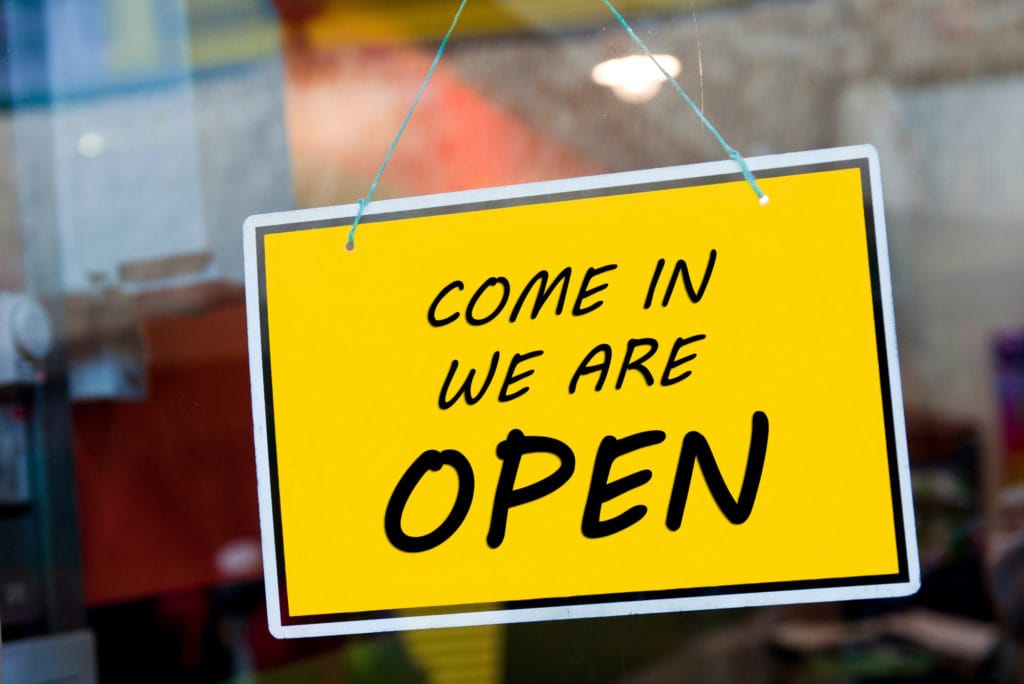
Li also acknowledged the power of word-of-mouth marketing. While it’s not the easiest metric to measure, Li noted how effective it can be. People talk about brands they love. They come back to purchase more and bring friends.
Opening a physical store
In August 2019, just six months after officially launching, July opened a physical store. Li wanted customers to be able to come into a store and experience the products in person.
“It’s an extra touchpoint for people to come and have a look, have a feel, touch and feel the products and talk to your staff, get to know the brand and get to know the business,” Li told Foundr.
By the end of their first fiscal year, July generated more than AUD 5 million in revenue.
Expanding to other countries
July is an Australian-based luggage carrier. However, Li intends for July to cross country lines. “International is actually very, very important to us. And Asia Pacific is the main focus for us. We recently launched in Singapore,” Li told Foundr.
In that interview, Li claimed July was doing well in Singapore. The next big market July is targeting is China.
He explained that marketing in China was a bit of a challenge. Social media in Australia, for example, revolves around Instagram and Facebook. China, however, blocks many of these applications. It took some getting used to using the Chinese equivalents, like WeChat, TikTok, and Weibo.
Richard Li shares what’s next for July
In an interview, Jordan Michaelides with Uncommon asked Li about July’s next move. His answer: Be prepared for when more people feel comfortable traveling again. To do that, Li wants July to be the one-stop destination for buying travel products.
“The focus for us right now is to develop more products,” Li said. “Because we know by the time that travel comes back, whether that’s six months or twelve months, we’ll be ready.”
If you jump over to the July website, you’ll discover that July is already selling products beyond luggage pieces. Currently, July offers small bags, packing cells, water bottles, and phone cases.
Li also remarked how they want to take advantage of July’s jump in Google search rankings. During the pandemic, July’s rankings jumped from the seventh page to the second page. As sales increase due to organic traffic from search engines, Li wants July to be ready.
Key Takeaways for Entrepreneurs

Richard Li has built two successful physical product businesses with his direct-to-consumer approach. Here is what we can learn from his experience with startups.
Distinguish yourself from your competitors.
July grew based on honest feedback from actual people. Li claims to have read over 4,000 reviews of existing cases. He also surveyed real people about their experiences with luggage products. He even had them rank their pain points and features they wanted to see.
Inspired by people’s frustrations, Li applied improvements to his luggage prototypes. Some impressive features about some of July’s luggage pieces include:
- Eggshell-shaped corners: Offers more “bounce back” to help protect bends and corners.
- Reinforced case: Anodised aluminum bumpers offer additional protection.
- Scratch-proof texture: Minimizes scratches when luggage is in transit.
- Hidden laundry bag: Always useful for any traveler.
- Ejectable battery: Stop hunting for an available outlet at the airport to charge your phone. Also approved for use across all major airlines.
- Improved wheels: SilentMove™ wheels are quieter and smoother. They also reduce the chance of your luggage tipping over.
Consider a direct-to-consumer approach.
A crucial element of July’s business model is there is no middle man. July sells directly to their consumer. Li noted that other luggage brands might only spend $20 for one unit. However, they’d mark up their prices so high because so many people along the chain have to take a cut. (The co-founders of watch startup MVMT also shared how many watch brands mark their prices up significantly to create large margins).
By operating a direct-to-consumer model, only July takes the margin. Due to this, July can invest in producing a better product. Also, any savings pass on to the customer. Li admitted that if July followed a traditional model and sold through retail stores, July luggage might start at $800 per piece.
Customer service is also easier to handle when it’s direct-to-consumer. That’s why July offers a 100-day trial and a lifetime warranty. If anything goes wrong, July can immediately take care of it. Li wants 100% ownership over his customers’ satisfaction.

Li shared a story about one Christmas Eve. When he learned some orders wouldn’t get delivered on time, Li took responsibility. He drove a van all around Melbourne, fulfilling those orders. He knew that many of these orders were gifts and wanted to ensure they got there in time.
“It’s super, super important for us to look after our customers,” Li said. “And I will do this today. I would do this next year.”
Take the jump.
Raising capital is a financial entry barrier that stops many from becoming an entrepreneur. But what if the opposite is also true?
“99% of startups didn’t die because they didn’t have money. They died because they have too much money,” Li told Foundr.
Confused? Stable jobs with good predictable income are sometimes the reason you don't get started, Li explained.
Starting a business is risky, after all. It can be unpredictable. You might make less. And your business can go belly-up.
Even without raising funds, Richard Li said he would’ve started July anyway. Just on a smaller scale. He does admit July wouldn’t have grown so explosively so quickly. Still, that wouldn’t stop him from creating a unique and valuable product he knows consumers would appreciate.
In the Owner’s Model that we teach inside the Capitalism Incubator, an owner’s chief role is to gather the people and resources needed to carry out the vision for the brand. Having the capital, audience, and product in place allows owners to build a much bigger pie, which means an even faster and larger exit is possible.
Ensure your manufacturer can grow with you.
Working with the right manufacturer is key to the success of any physical products business. Li recommends choosing a manufacturer that can grow with you. Many small businesses might want to work with a small manufacturer. But as that business gains more orders and grows, the manufacturer can’t keep pace.
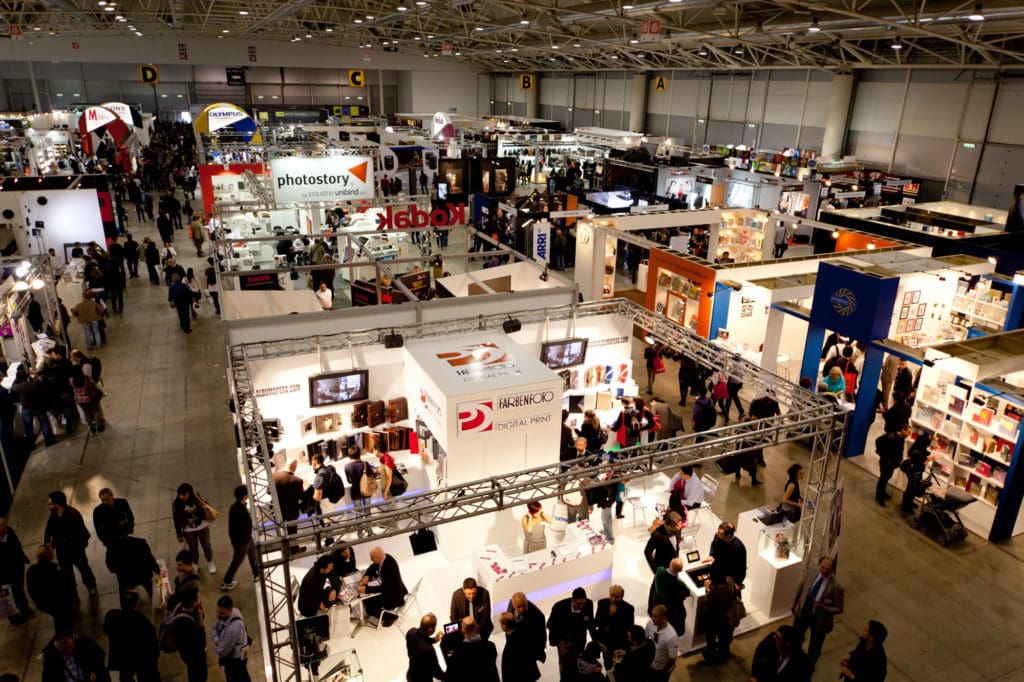
(After all, July did scale from zero to five million in just one year. Not all manufacturers could keep up with this intense growth.)
That’s why proper planning is critical. Li recommends planning for the next six to twelve months. Booking production slots with your manufacturer well in advance helps ensure your orders get fulfilled as you grow.
“If the production slot hasn't been booked in advance, the manufacturer will find it difficult to plan,” Li explained. “Therefore, they won't be able to ensure they have enough staff in the factory to complete your order.”
Also, don’t forget to negotiate your terms if your business is doing well. “You should get a quote from different suppliers and go back to them and say, “Hey, I got a quote from this supplier, and it’s a lot cheaper. What can you do about it?” Li said. For example, to improve cash flow, you might want to negotiate a smaller deposit or none at all.
Look beyond Alibaba.
Everybody immediately thinks about Alibaba when it comes to finding a manufacturer. Li explained that’s not the only source. He recommends that entrepreneurs also visit fairs within their industry. The International Furniture Fair in Shanghai, for example, can be worth the trip for entrepreneurs looking to start their own furniture businesses.
Hire the right people.
When July launched, it was just Li and Didaskalou. Although Li had experience with Brosa, he knew nothing about opening a physical store. That’s why he hired a retail manager to help them navigate this unfamiliar business move.
“If you don’t know certain things, you make sure you hire the right people for the right job. And that’s what we did,” Li said.
Li did the same thing when expanding July into China. Australia is different, and certain marketing strategies may not apply there. He knew that hiring local talent would position July’s growth for the best chances of success. Therefore, Li gave decision-making power to the local team.
One person does not know anything. Arguably, working with experts can help you avoid costly business errors. If you can hire people to offset your weaknesses or lack of knowledge, your business becomes better prepared to grow and scale.
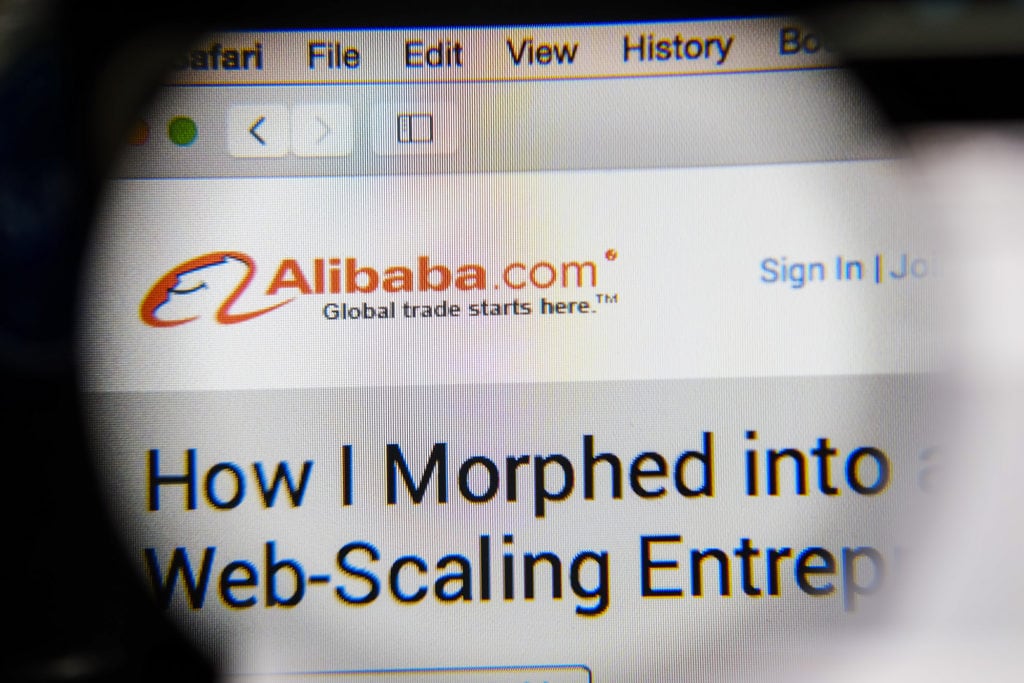
Frequently Asked Questions
Where is July luggage made?
July cases are assembled in China. The assembled parts come from China, Germany, Japan, and Korea. Luggage and bags ship from Melbourne, Australia, and Los Angeles, USA.
Who owns July luggage?
Athan Didaskalou and Richard Li co-founded July.
The Bottom Line
July’s direct-to-consumer approach is arguably what helps distinguish it from other luggage brands. Just as Richard Li said, July wants to take full ownership of the customer’s experience. More than delivering a great product, July aims to provide exceptional service.
“I think for us, what we want to build is an amazing brand," Li said."An amazing brand that is reflected in many, many different areas. It’s reflected in the product quality, the product design, and ultimately it’s the customer satisfaction.”
The core of July, like any good business, is offering incredible value and being customer-centric. Start with those foundational values and let them guide you at every stage in your business.
